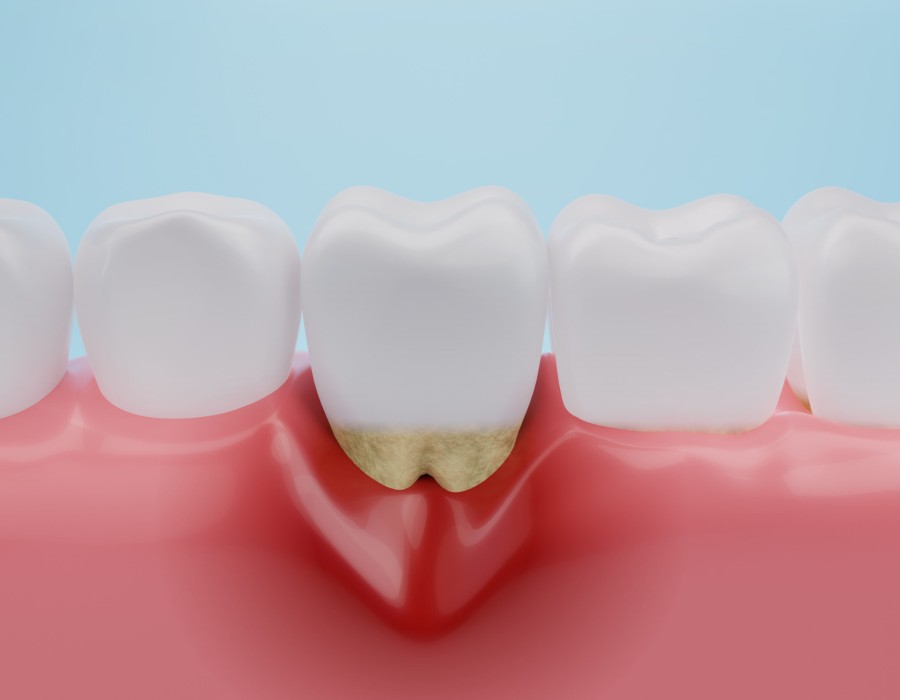Dental bonding is a popular cosmetic procedure that helps restore chipped, discolored, or misshaped teeth using a tooth-colored composite resin. It's a quick and minimally invasive solution that can dramatically improve your smile. But after the procedure, many patients wonder about their dietary restrictions—particularly, can you chew gum after bonding?
To ensure optimal healing and protection of your bonded teeth, it's essential to understand what habits to adopt and what to avoid. And in some cases, improper care may even lead to complications like gum irritation or recession. That’s why individuals considering or recovering from bonding might also explore related options like professional Gum Recession Treatment in Islamabad.
Let’s explore the impact of chewing gum on bonded teeth and how you can maintain your results for the long term.
Understanding Dental Bonding and Its Durability
Dental bonding involves applying a composite resin to your natural tooth surface and then hardening it with a special curing light. While the resin is durable and designed to last for several years, it's not as strong as your natural teeth or porcelain restorations. This means bonded areas are more prone to wear and tear from habits like biting nails, chewing on pens, or eating sticky or hard foods—including chewing gum.
Gum, especially if it's sticky or sugar-laden, can adhere to bonded areas, potentially loosening the material or pulling on it in a way that causes premature wear. Sugar-filled gum can also increase your risk of decay around the bonded tooth.
Is Chewing Gum Ever Safe After Bonding?
In general, dentists advise avoiding chewing gum for at least the first 24–48 hours after a bonding procedure. This period allows the resin to fully harden and bond to your natural tooth structure. Even though the curing light solidifies the resin during treatment, it's best to give your mouth time to settle before engaging in any chewing activity that might stress the treated area.
Once the initial healing period is over, sugar-free gum—especially those sweetened with xylitol—may be safe in moderation. Xylitol actually helps reduce bacteria in the mouth and supports oral hygiene. However, it’s important to consult your dentist before reintroducing gum to your routine, especially if your bonding is extensive or located in areas that endure heavy bite pressure.
Risks of Chewing Gum Too Soon
Chewing gum too soon after dental bonding can cause several problems, such as:
- Dislodging or weakening the bonded material
- Causing discomfort or sensitivity at the treatment site
- Contributing to plaque buildup and decay, particularly with sugary gum
- Aggravating underlying gum issues or triggering gum recession
These complications not only reduce the longevity of your dental bonding but could also result in additional treatments or repairs. It’s crucial to follow your dentist’s care instructions and report any unusual sensations, like sharp edges or discomfort, as soon as they arise.
Tips for Protecting Your Bonded Teeth
To maintain your bonded teeth and enjoy long-lasting results, here are some useful tips:
- Avoid biting hard items like ice, nuts, or hard candy
- Steer clear of sticky or chewy snacks, especially in the first week
- Limit or eliminate sugary gum from your routine
- Maintain excellent oral hygiene with regular brushing and flossing
- Visit your dentist for regular check-ups and cleanings
Being mindful of your habits can dramatically improve the lifespan of your bonding and protect your smile from preventable damage.
When to Contact a Professional
If you notice any sharp edges, discoloration, or discomfort around a bonded tooth, it’s best to schedule a dental evaluation immediately. In some cases, receding gums can also compromise the appearance and health of bonded teeth, requiring specialized intervention.
For those dealing with such issues, exploring options like Gum Recession Treatment in Islamabad can offer comprehensive care and long-term protection for both gums and teeth.
Conclusion
Chewing gum after bonding isn't entirely off-limits, but it requires caution and good judgment. Avoid it during the initial healing phase and opt for dentist-recommended products if you plan to reintroduce it into your daily routine. Ultimately, taking care of your bonded teeth involves a mix of dental hygiene, lifestyle adjustments, and regular professional care.
If you're considering bonding or experiencing post-treatment concerns, you can trust the expert team at Royal Cosmetic Surgery PK to guide you toward a healthy, confident smile.





Comments